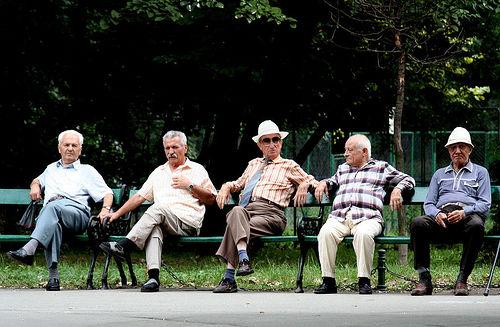One Chinese census in the GAME SANOOK past decade is expected to show that the percentage of young people in the aging population is further reduced due to the high cost of living and aversion to having children among urban couples. China is getting closer to the demographic crisis.Policymakers are under pressure to incentivize family planning and arrest declining birth rates, with the world's most populous nations at risk of entering the irreversible population slide. If no effective measures were found
China is expected to release the latest census results, scheduled for the end of 2020, in the coming days. The proportion of the elderly in the population is believed to be increasing. But more important information is information about young age.In 2010, the proportion of the population aged 14 and under dropped to 16.60% from 22.89% in 2000 as a result of the decades-old one-child policy. Citizens aged 60 and over accounted for 13.26%, up from about 10%.Continuation of these trends will undermine China's working-age population and affect productivity.
The declining working-age group will test their ability to pay and care for the elderly.In 2016, China lifted its one-child policy in hopes of increasing the number of babies. It also aims to increase the population to 1.42 billion in 2020 from 1.34 billion in 2010.But the birth rate continues to decline.This is partly due to urban couples, despite parental pressure to have children. But they place more emphasis on their independence and career than raising a family.Yu Tao, 31, a Beijing-based product designer for a large tech company, said he was reluctant to make sacrifices in terms of the time he would have to make if he and his wife had children.
Can't slide?
Yu and his wife collectively earn more than 700,000 yuan ($ 106,888) a year, but say they don't have enough financial security to have children, even though they earn more than the average household.Annual urban per capita spending was 43,834 yuan in 2020, compared with 19,109 yuan in 2010, official data show.We are not ready for children, both financially or mentally," Yu said.The rising cost of living in large cities, which is the main source of babies, as the large population leads couples to stop raising children, especially housing costs.
Among urban households, per capita annual spending for housing rose to 6,958 yuan in 2020, compared with 1,332 yuan in 2010, according to official data, more than five times the increase.If the government allows people to have children without policy support, it is unlikely to have a big impact," said Liu Kaiming, a social and labor expert.In general, cases where people are reluctant to have children or have fewer children are irreversible.




 LinkBack URL
LinkBack URL About LinkBacks
About LinkBacks

 Reply With Quote
Reply With Quote